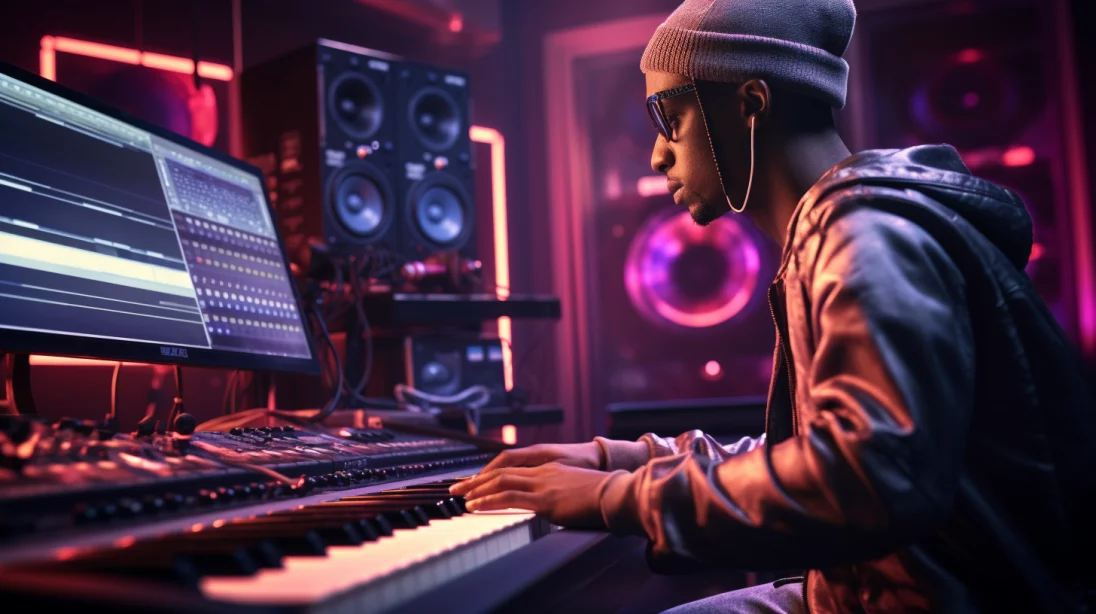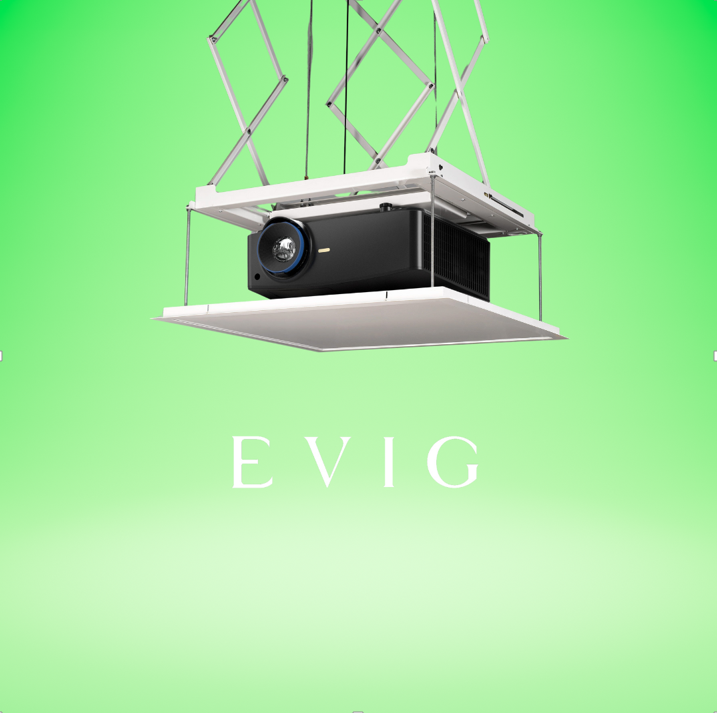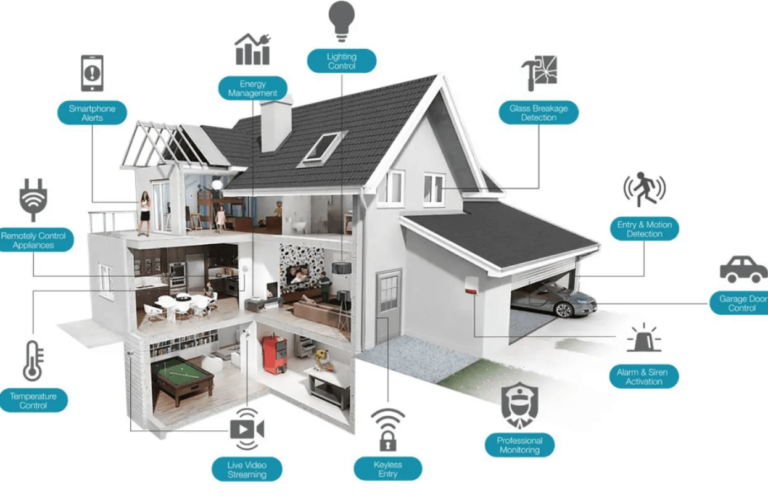AI in Hip-Hop: How Algorithms Are Influencing Rap Lyrics and Beats
Hip-hop, one of the most dynamic and influential music genres, has always thrived on innovation. From the turntables of DJs to the complex wordplay of rappers, the culture has consistently pushed the boundaries of creativity. Now, the digital revolution is adding another layer to the art form: Artificial Intelligence (AI). AI is transforming the way rap lyrics are written, beats are created, and even how artists interact with their audience. As technology continues to evolve, tools like Adobe Express AI music generator for free options are giving new opportunities to aspiring artists, allowing them to experiment with sound and style in ways never imagined before.
In this article, we will explore how AI is shaping the world of hip-hop, the ways in which algorithms are influencing rap lyrics and beats, and what this means for the future of the genre. Let’s dive in!
The Role of AI in Modern Music Production
Artificial intelligence is no longer just a buzzword; it’s a powerful tool revolutionizing various industries, and music is no exception. In the world of hip-hop, AI is making significant strides in both lyrics and beats. While some may initially think of AI as just a tool for automation or production, it’s becoming much more-a creative partner capable of generating new sounds, rhythms, and ideas.
AI in Beat-Making
One of the most noticeable impacts of AI in hip-hop has been in beat-making. Traditionally, producers have relied on their musical knowledge and sampling skills to create beats. Now, AI tools can generate new beats from scratch by analyzing vast amounts of existing music and identifying patterns. These algorithms can then produce unique rhythms, tempos, and melodies that fit seamlessly with the hip-hop genre.
Software like Adobe Express AI music generator for free options allows producers to quickly generate instrumental tracks by simply inputting a few parameters. The AI will use its learned knowledge of various genres and styles to create something fresh. This opens up new creative possibilities for both experienced producers and those just starting out.
Enhancing Production Efficiency
AI is also streamlining the production process by helping producers refine their work faster. Tasks like mixing and mastering, once time-consuming and requiring specialized knowledge, can now be handled with the help of AI tools. With just a few clicks, these systems can analyze tracks and adjust elements like pitch, tempo, and tone to achieve a polished sound.
This level of efficiency is a game-changer, especially for independent artists who may not have access to high-end studios or professional engineers. With AI handling the technical side of music production, artists can focus more on their creativity and less on the intricacies of sound engineering.
See also: How Blockchain Technology Is Transforming Supply Chain Management
AI and Rap Lyrics: A New Frontier for Wordplay
While beats are essential to hip-hop, rap lyrics are where the genre truly shines. The clever wordplay, punchlines, metaphors, and storytelling have always been what set hip-hop apart. But with AI becoming more adept at natural language processing (NLP), algorithms are starting to influence the way rap lyrics are written.
Generating Lyrics with AI
AI-driven platforms like OpenAI’s GPT models have been trained on vast datasets, including song lyrics across various genres. These systems can analyze and learn the structure, style, and themes of rap lyrics, making them capable of generating original verses or entire songs. By inputting a few prompts, artists can receive AI-generated lyric suggestions, which they can refine and personalize.
For example, a rapper might use AI to brainstorm ideas for a hook or verse, starting with a basic idea and then allowing the system to generate multiple versions. These can serve as inspiration or even be integrated into the final track, blending human creativity with the speed and ingenuity of AI.
The Collaboration Between Humans and AI
It’s important to note that AI doesn’t replace the rapper’s creative process-it enhances it. Many artists use AI as a tool to push the limits of their creativity. While AI can generate text, it still lacks the emotional depth and unique experiences that human lyricists bring to their art. However, AI helps artists explore different rhyme schemes, phrasing, and subject matter they may not have otherwise considered.
Moreover, AI tools can identify patterns in lyrics and provide insights that might help artists refine their writing process. For example, analyzing the structure of iconic rap verses can guide aspiring artists in creating their own standout lines. In this sense, AI serves as a muse, offering new perspectives and ideas that complement the human touch.
AI’s Influence on the Hip-Hop Soundscape: Customization and Personalization
One of the most exciting developments in AI’s role in hip-hop is the level of customization and personalization it offers. AI can be used not only to create beats and lyrics but also to craft entirely personalized tracks based on the preferences and listening habits of individual listeners.
Personalized Listening Experiences
AI-driven platforms like Spotify and Apple Music already offer personalized playlists and song recommendations. But with the integration of AI in hip-hop, the ability to customize music has reached new heights. Imagine a scenario where AI analyzes your favorite rap artists, songs, and beats and creates a new, tailor-made track just for you. This level of personalization enhances the listening experience, making it more immersive and engaging.
Adapting Music to the Artist’s Voice
Another exciting area where AI is making waves is in voice adaptation. AI algorithms can take a rapper’s voice and analyze its pitch, tone, and flow to generate beats that complement and enhance the vocal delivery. This means artists can create a more cohesive sound, where every element-beat, flow, and lyric-works in perfect harmony.
For example, AI can help adjust the tempo or structure of a beat to match the rapper’s delivery style, ensuring the music and lyrics are always in sync. This makes the creative process more seamless and reduces the need for multiple revisions or trial-and-error sessions in the studio.
The Future of AI in Hip-Hop: What’s Next?
Looking ahead, it’s clear that AI will continue to shape the evolution of hip-hop in significant ways. From creating beats and lyrics to enhancing the personalization of the listening experience, AI is allowing hip-hop artists to break traditional boundaries and experiment with new forms of creativity.
The Rise of AI-Generated Hip-Hop Artists
One of the most intriguing possibilities is the rise of entirely AI-generated hip-hop artists. While it might sound futuristic, AI-driven music platforms are already able to generate fully-fledged songs and albums that sound indistinguishable from human-produced music. These virtual artists could become a staple in the hip-hop scene, pushing the envelope even further in terms of creativity and production.
Expanding the Role of AI in Live Performances
AI’s influence on hip-hop may eventually extend to live performances as well. Imagine a concert where the beats and visuals are generated in real-time by AI, reacting to the energy of the crowd and the artist’s performance. This could create a dynamic and ever-evolving show that is unique to each performance, offering fans a personalized experience every time they attend a concert.
Conclusion
AI’s impact on hip-hop is undeniable. From beat-making to lyric generation and personalization, algorithms are transforming the way rap music is created and consumed. Tools like Adobe Express AI music generator for free options are making it easier than ever for aspiring artists to tap into their creativity and produce high-quality music, regardless of their technical expertise. While AI will never replace the human touch that defines hip-hop, it will continue to serve as a valuable tool for artists to innovate and push the boundaries of the genre.
As AI technology continues to evolve, the future of hip-hop looks brighter than ever, with endless possibilities for collaboration between humans and machines.





